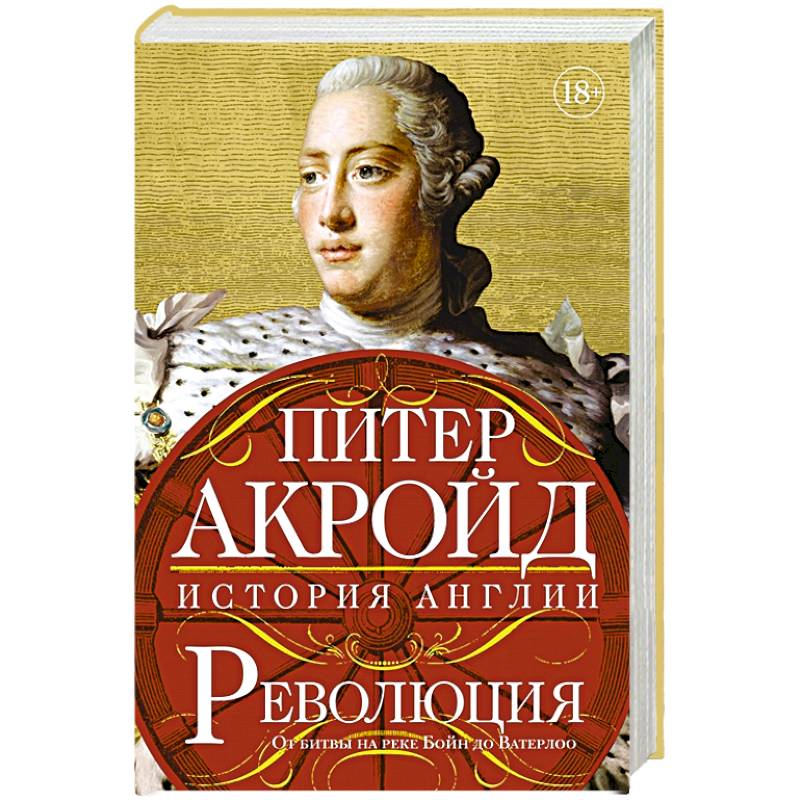Revolution: History of England. From the battle on the Boyn River to Waterloo
Please sign in so that we can notify you about a reply
The history of England is a continuous movement and a series of constant changes. But the entire history of England, starting with primitiveness, permeates continuity, so the main thing in it is not changes, but constancy. Until now, in England, an inextricable connection with the past, with traditions and customs, is felt. Until now, this country resists changes in any aspect of life. Peter Akraid shows the origins of the centuries of the invariability of England, its conservatism and commitment to the past.
The period between the glorious revolution (1688) and the victory of the Allied army at Waterloo (1815) incorporated many events. The defeat of Jacob II and the reign of Wilhelm III Orange, the war for the Spanish inheritance, which began with the entry into the English throne of Queen Anna, the accession of Scotland to England and, therefore, the formation of Great Britain in 1707, the reign of George I (great -grandson of Yakov I), the Jacobi uprising of 1715 G., the war of the Fourth Union of 1718–1720, the reign of George II, the war for the Austrian inheritance and the Seven Years War, the rule of George III with such important milestones as the accession of Ireland and the war with Napoleon ... It was on this segment of time that the parliament became sovereign The body with duties that are much superior to the monarchs were founded by the Bank of England and the London Stock Exchange, and unprecedented technological innovations turned England from an agricultural country into a country of steel and coal. Significant transformations occurred in cultural life - newspapers appeared and the genre of the English novel was born. 37 Illustrations on colored gluing accompany a detailed portrait of the era, created by the outstanding master of historical narrative Peter Akraid
The period between the glorious revolution (1688) and the victory of the Allied army at Waterloo (1815) incorporated many events. The defeat of Jacob II and the reign of Wilhelm III Orange, the war for the Spanish inheritance, which began with the entry into the English throne of Queen Anna, the accession of Scotland to England and, therefore, the formation of Great Britain in 1707, the reign of George I (great -grandson of Yakov I), the Jacobi uprising of 1715 G., the war of the Fourth Union of 1718–1720, the reign of George II, the war for the Austrian inheritance and the Seven Years War, the rule of George III with such important milestones as the accession of Ireland and the war with Napoleon ... It was on this segment of time that the parliament became sovereign The body with duties that are much superior to the monarchs were founded by the Bank of England and the London Stock Exchange, and unprecedented technological innovations turned England from an agricultural country into a country of steel and coal. Significant transformations occurred in cultural life - newspapers appeared and the genre of the English novel was born. 37 Illustrations on colored gluing accompany a detailed portrait of the era, created by the outstanding master of historical narrative Peter Akraid
Author:
Author:Akroyd P.
Cover:
Cover:Hard
Category:
- Category:Biographies & Memoirs
- Category:History & Geography
Publication language:
Publication Language:Russian
Paper:
Paper:offset
Series:
Series: History of England
Age restrictions:
Age restrictions:16+
ISBN:
ISBN:978-5-389-14824-6
No reviews found
